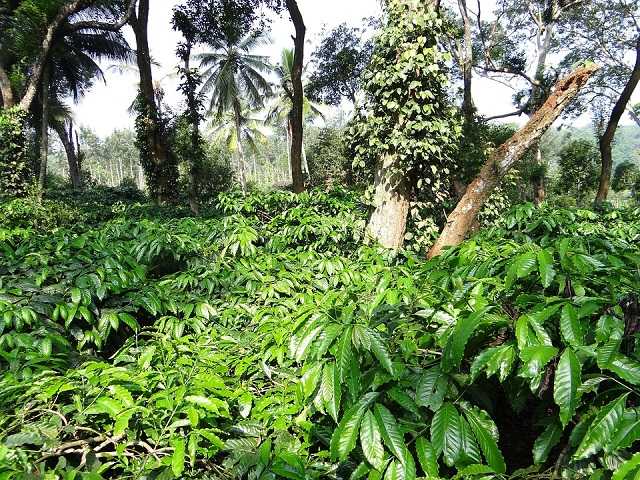Share your coffee stories with us by writing to info@comunicaffe.com.
VILLAVICENCIO, Meta, Colombia – The history of coffee cultivation in the department of Meta goes back 164 years, when settlers from the country’s interior introduced this crop. Currently, coffee has become a key product in substituting illegal crops and an economic alternative for producers in Meta.
According to the information provided by the National Federation of Coffee Growers, in the department of Meta, there are around 3,800 coffee-growing families distributed in various municipalities. These families cultivate Arabica coffee on approximately 3,500 hectares of land, especially in areas recovered after the armed conflict and drug trafficking.
Given the importance of coffee in the economic and social context of the department, the first Workshop —Meta Coffee— was held on May 16. This event was organized by Universidad Santo Tomás and included the participation of the Government of Meta, the National Federation of Coffee Growers, the Departmental Assembly of Meta, AGROSAVIA, coffee growing experts, researchers, producers and students interested in the coffee industry.
Within the framework of this event, the researcher Diego Alejandro Salinas presented the progress of the project “Introduction, quarantine, establishment, and evaluation of elite genetic materials of canephora coffee (Coffea canephora) in Colombia.” AGROSAVIA leads this project and has the support of important actors in the coffee sector, such as the Mercon group and Nestlé.
Salinas highlighted that worldwide, two coffee types are mainly cultivated: Arabica coffee (Coffea arabica) and robusta coffee, also called canephora (Coffea canephora). These two species represent the majority of coffee production worldwide. According to the researcher, the investigation has introduced 17 canephora coffee genotypes previously evaluated successfully in Asian and Central and South American countries.
In addition, this species of coffee is considered to be characterized by being cultivated below 1,000 meters above sea level, opening up important possibilities for coffee growing in other regions of the country, such as the flat highlands of the department of Meta.
Salinas also stated that “an additional advantage of robusta coffee is its resistance to climate change and its ability to grow in different climates, including hot and low altitude areas. This species is less susceptible to pests and diseases and can withstand adverse climatic conditions, such as high temperatures and humidity.”
Likewise, he emphasized that the objective is not to replace Arabica coffee but to expand the production regions and the market and increase the availability of raw materials for the industry that requires a stronger flavor suitable for blends and lyophilized products. Robusta coffee production is expected to support the supply of the national industry in the future.
The Colombian Agricultural Research Corporation, AGROSAVIA, is a decentralized public entity of mixed non-profit participation, of a scientific and technical nature, whose purpose is to work on the generation of scientific knowledge and agricultural technological development through scientific research, the adaptation of technologies, the transfer and advice in order to improve the competitiveness of production, equity in the distribution of the benefits of technology, sustainability in the use of natural resources, the strengthening of scientific capacity and technology of Colombia and contribute to raising the quality of life of the population.















